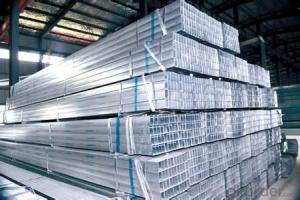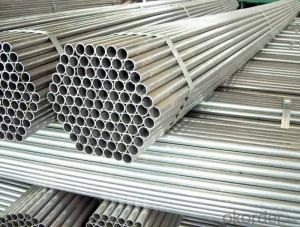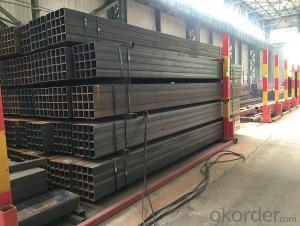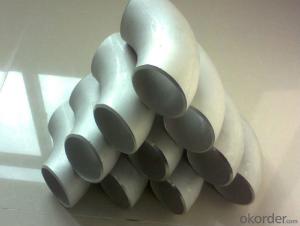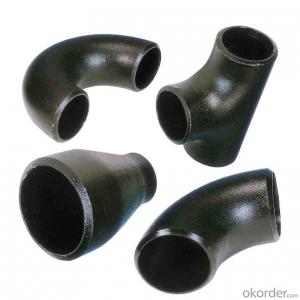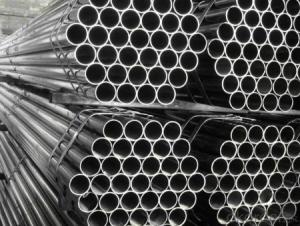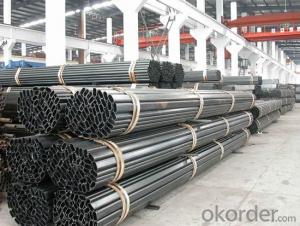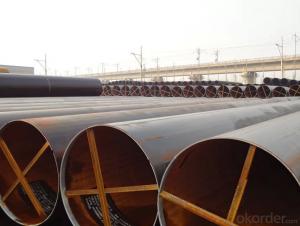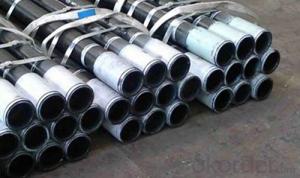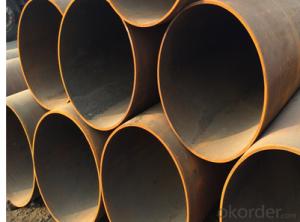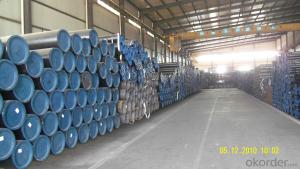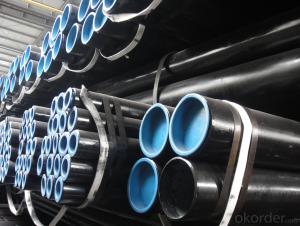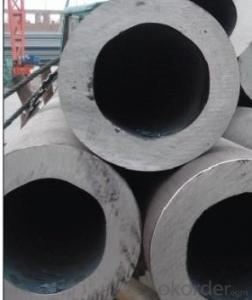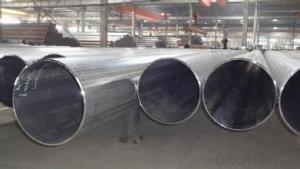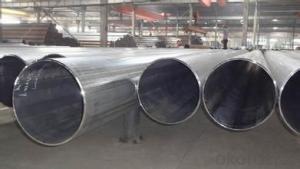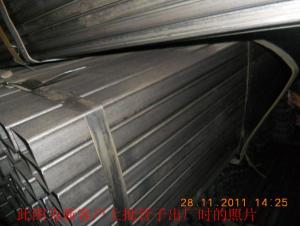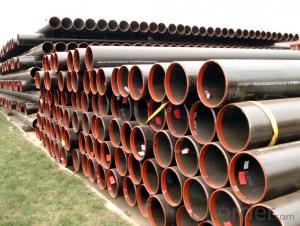All Categories
- - Steel Wire Rod
- - Steel Coils
- - Steel Profiles
- - Steel Pipes
- - Stainless Steel
- - Tinplate
- - Special Steel
- - Steel Sheets
- - Steel Rebars
- - Steel Strips
- - Hot Rolled Steel
- - Cold Rolled Steel
- - Pre-painted Steel
- - Seamless Steel Pipe
- - Welded Steel Pipe
- - Hollow Steel Tubes
- - Galvanized Pipe
- - Stainless Steel Coil
- - Stainless Steel Sheet
- - Stainless Steel Plate
- - Stainless Steel Strips
- - Electrolytic Tinplate Coil
- - Electrolytic Tinplate Sheet
- - Stainless Steel Rebars
- - Solar Panels
- - Solar Water Heater
- - Solar Related Products
- - Solar Inverter
- - Solar Cells
- - Solar Light
- - Solar Energy Systems
- - Solar Controllers
- - Solar Mounting System
- - Solar Pump
- - Solar Chargers
- - Fiberglass Chopped Strand
- - Fiberglass Mesh Cloth
- - Composite Pipes
- - FRP Pultrusion Profiles
- - Fiberglass Mat Tissue
- - Fiberglass Fabrics
- - Fiberglass Mesh
- - Composite Tank
- - Fiberglass Mesh tape
- - Polymer
- - FRP Roofing Panel
- - Fiberglass Roving
- - Monolithic Refractories
- - Ceramic Fiber Products
- - Refractory Bricks
- - Raw Materials For Refractory
- - Suspended Platform
- - Cranes
- - Concrete Machinery
- - Earthmoving Machinery
- - Building Hoist
- - Road Building Machinery
- - Plastic Pipe Fittings
- - Plastic Tubes
- - Plastic Sheets
- - Agricultural Plastic Products
- - Plastic Nets
 All Categories
All Categories
Q & A
What measures can be taken to prevent steel pipes from corroding in saline and marine environments?
One effective measure to prevent steel pipes from corroding in saline and marine environments is to apply a protective coating or paint on the surface of the pipes. This coating acts as a barrier between the steel and the corrosive elements present in the environment, preventing direct contact and reducing the risk of corrosion. Additionally, regular inspection and maintenance of the pipes can help identify and address any signs of corrosion early on, allowing for timely repairs or replacements to prevent further damage. Another measure is to use corrosion-resistant alloys or materials in the construction of the pipes, which provide inherent resistance to corrosion in saline and marine environments.
What is the impact of soil conditions on the installation and stability of underground steel pipelines?
The impact of soil conditions on the installation and stability of underground steel pipelines is significant. Soil conditions directly affect the longevity and integrity of the pipelines.
In areas with unstable or loose soils, the pipelines may experience settlement or shifting, leading to potential damage or failure. Compacted or dense soils, on the other hand, can exert excessive pressure on the pipelines, potentially causing them to buckle or collapse.
Soil composition and moisture content also play a crucial role. Acidic or corrosive soils can accelerate the deterioration of steel pipes, leading to premature failure. High moisture levels can increase the risk of corrosion, especially in areas with high groundwater tables.
Moreover, the presence of rocks, boulders, or other obstructions in the soil can hinder the installation process of the pipelines, making it more challenging and time-consuming.
To ensure the installation and stability of underground steel pipelines, thorough soil analysis and engineering considerations are necessary. Proper techniques, such as trench stabilization or the use of protective coatings, may be employed to mitigate the effects of unfavorable soil conditions and enhance the longevity and reliability of the pipelines.
What measures can be taken to protect steel pipes from soil corrosion in buried pipelines?
There are several measures that can be taken to protect steel pipes from soil corrosion in buried pipelines. One common method is to apply a protective coating on the exterior surface of the pipes. This coating acts as a barrier between the steel and the soil, preventing direct contact and corrosion. Additionally, cathodic protection can be implemented, which involves using sacrificial anodes or impressed current systems to create an electric current that counteracts corrosion. Regular inspection and maintenance of the pipelines is also crucial, as any damage or exposure of the steel should be promptly repaired to prevent corrosion.
How do you prevent water hammer in steel pipelines?
Water hammer in steel pipelines can be prevented by installing air chambers or surge tanks at strategic points along the pipeline. These chambers or tanks act as shock absorbers, allowing the sudden pressure changes to be absorbed and dissipated without causing damage to the pipeline. Additionally, the use of gradual valve closures, properly sized pipes, and properly designed supports and hangers can also help mitigate water hammer in steel pipelines.
Wholesale Steel Pipes from supplier in Kyrgyzstan
We are a Steel Pipes supplier serving the Kyrgyzstan, mainly engaged in the sale, quotation, and technical support services of various Steel Pipes products in the Kyrgyzstan region. We are a subsidiary platform of the Fortune Global 500 company CNBM, able to provide you with one-stop Steel Pipes procurement services in the Kyrgyzstan. Not only do we have a wide range of Steel Pipes products, but after years of market development in the Kyrgyzstan, we can also provide valuable experience for your projects.

